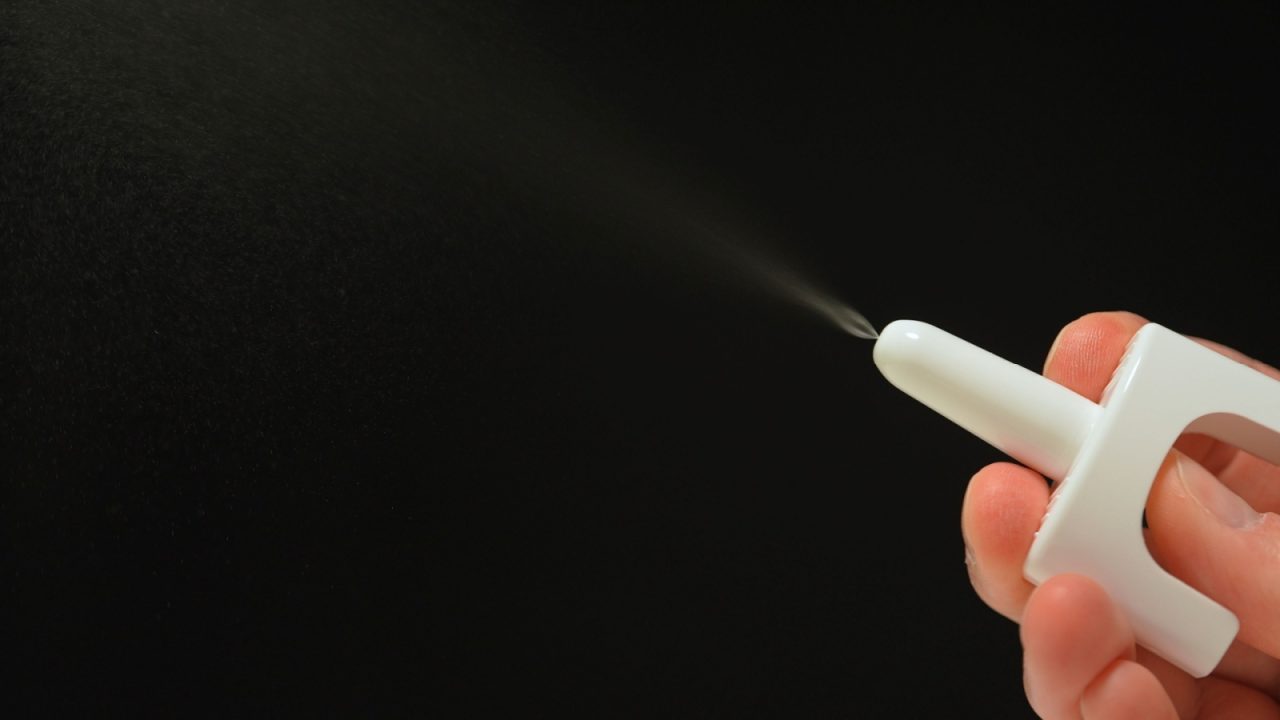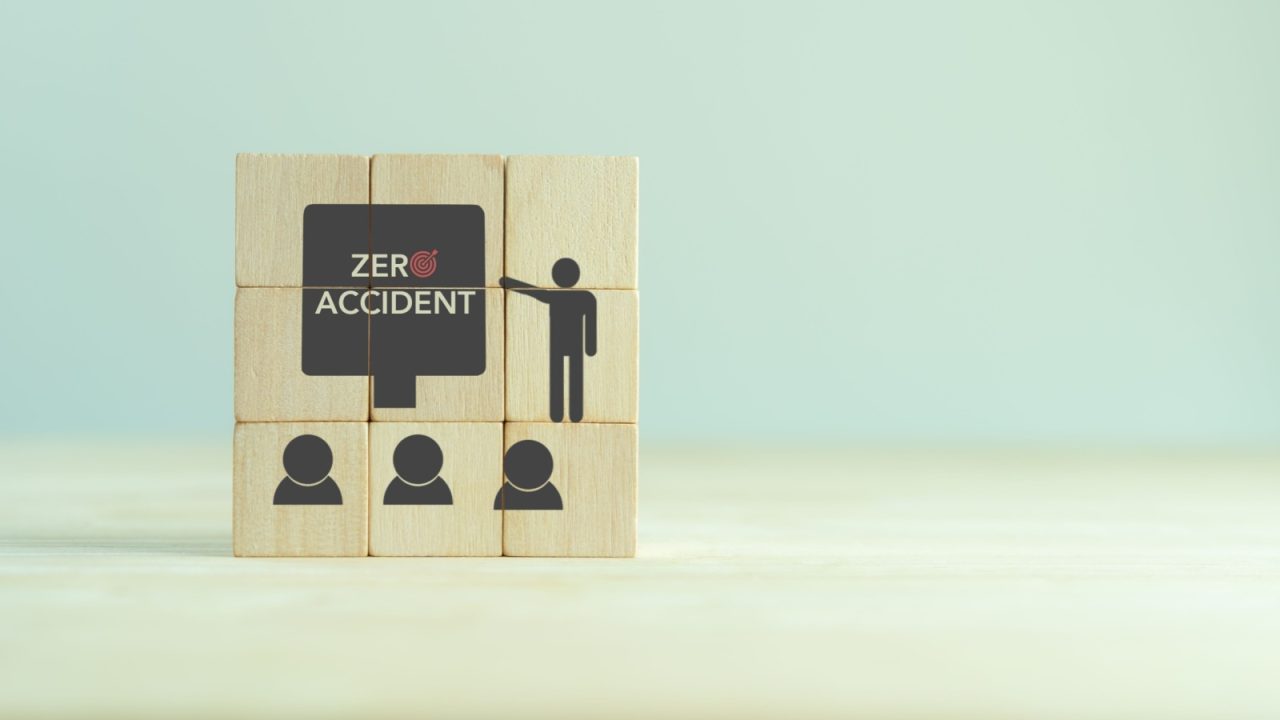The spread of COVID-19 has severely impacted the construction industry with project delays and loss of productivity. In states that designated construction as non-essential, construction activity has ceased; in states where construction was deemed essential, contractors work under burdensome limitations and operational restrictions.
Restrictions include use of personal protective equipment, social distancing restrictions, limitations to jobsite access, labor shortages and government-imposed protocols. In addition, projects have been cancelled, jobsites contaminated, employees infected and the supply chain disrupted. As a result, contractors have lost significant income and incurred substantial additional expenses. One cure to recover some or all losses could be business interruption insurance coverage.
The key is to understand the policy and its limitations. Business interruption coverage is typically provided as part of an “all risk” property insurance policy. Many such policies provide coverage for loss of income or covered expenses. These can include rent sustained by the policyholder due to partial or total interruption of business resulting directly from loss or damage to property on the business premises.
Some policies cover business income losses caused by the actions of civil authority that impair or restrict access to the business. However, most policies with that coverage require that the business losses be directly caused by damage to the property of the business caused by government orders. Some policies contain a virus exclusion that bars coverage for events triggered by a virus that induces or can induce physical distress, illness or disease. Finally, some policies exclude coverage for losses or damage caused by unfavorable business conditions or damage caused by delay, loss or use of market.
Policyholders have filed business interruption claims based on the assertion that the presence of the virus has caused damage to their business property. Most insurers have denied these claims based on the virus exclusion and/or because the presence of the virus did not constitute “direct physical loss” as with an earthquake or hurricane. Losses resulting from business disruptions due to a health emergency have been excluded.
In response, a few states are considering legislation that would force insurers to cover COVID-19-related claims despite any exclusionary provisions in their policies. California, Massachusetts, Michigan, New Jersey, New York, Ohio and Pennsylvania are among them. However, the proposed legislation raises concerns about legislative interference with private contracts and potential constitutional issues. The insurance industry opposes the legislation because business interruption coverage for a pandemic, if forced upon it on a mass scale never contemplated by the policies, would pose systemic risk to the industry.
Through the Insurance Services Office, an industry advisory group, the insurance industry has developed policy endorsements offering limited coverage for losses caused by COVID-19-related shutdowns or restrictions. However, those endorsements have not yet gained regulatory approval in most states and, if approved, would provide potential coverage only on a limited basis.
Construction businesses have turned to the courts for relief and hundreds of COVID-19-related insurance coverage lawsuits have been filed across the country. Nearly half of them are class action suits. Insurers have asked that these cases be dismissed because there is no specific coverage for COVID-19-related business interruption and that businesses have not met the burden of direct physical loss or property damage.
Policyholders challenging the denial of coverage generally rely on one of two theories. One is that the virus itself causes physical damage to property by contaminating surfaces and lingering in the air. The other is that the executive orders restricting access to property cause physical loss by preventing business owners from using their properties for their intended purpose.
Only a handful of the hundreds of cases filed have concluded. Decisions across the country are trending in favor of the insurer, ruling that COVID-19-related shutdowns do not result in a direct physical loss to business property so that loss is not an insured peril. The cases below are just a few examples:
- a New York federal court ruled that the policy’s direct physical property damage requirement was not met because any losses were caused by the state governor’s shutdown order and not any particular damage to the business property;
- a Michigan state court dismissed a policyholder lawsuit because they did not allege that any form of physical loss or damage to the property occurred as required by the policy;
- a District of Colombia court found that the policy did not provide business interruption coverage for COVID-19 losses due to the lack of any physical damage to property; and
- two California courts separately upheld the denial of coverage to restaurants because the virus was not shown to have caused physical damage to the business property.
However, there is no guarantee that other courts will rule similarly in the future and there are glimmers of hope for the policyholder. A Missouri federal court found for the policyholder on a motion to dismiss and rejected arguments that business interruption income losses due to COVID-19 are not covered under an “all-risk” policy because the policy did not define the terms “physical loss” or “physical damage” and did not include any explicit exclusion for losses caused by viruses or communicable diseases. The ruling was based on the content of the complaint and not on any evidence that property damage had in fact occurred due to the presence of the virus. This ruling was the first in which a court allowed a policyholder’s COVID-19 coverage suit to proceed.
A New Jersey court also denied an insurer’s motion to dismiss a COVID-19 business interruption suit. The plaintiffs alleged that New Jersey’s executive orders closing non-essential businesses constituted a covered cause of loss under the policy. They did not allege the actual presence of the coronavirus on their property, but they claimed such an allegation was not needed to establish coverage. The court stated that the argument advanced a novel theory of insurance coverage arising from an unprecedented, historic event that merited denial of the insurer’s motion to dismiss.
A Florida federal court overruled the insurer’s motion to dismiss based on the virus exclusion because the exclusion was ambiguous because it did not directly address losses caused by the unique circumstances that COVID-19 has had on society – a distinction which the court found to be significant.
While these cases favor the policyholder, it is important that none of have held that business losses stemming from COVID 19 are losses covered by the policy.
The current situation has the potential to shape insurance law and policy coverage far into the future. One thing is clear: the cases could wind through multiple layers of appeal and will likely not be resolved quickly. Consult the company’s insurance agent for the latest outcomes and decisions.






